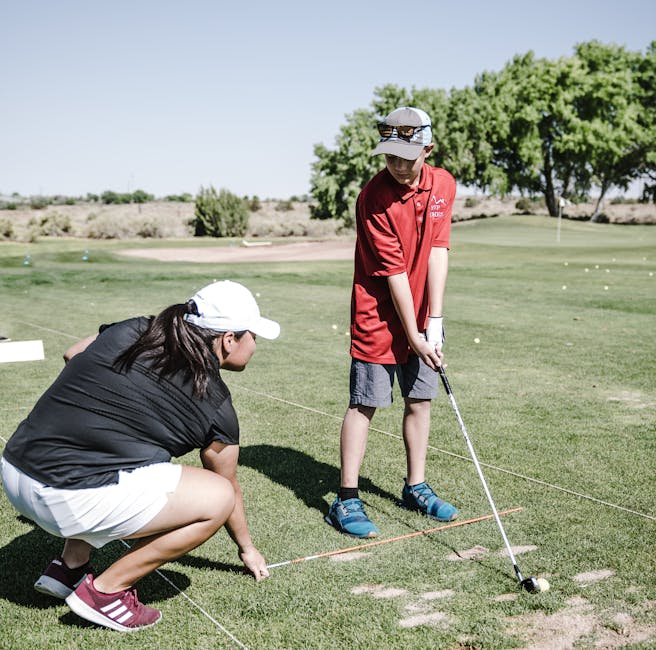
Deliberate practice is a skill that allows you to make the most of your time. It's a path to mastery that we all can follow.
And yet, it may come as news to many... as it did for Performance Psychologist Noa Kageyama, Ph.D., who's written an excellent essay titled "The Most Valuable Lesson I Learned from Playing the Violin." He shares his experience as an aspiring violinist and his interest in learning how much he needed to practice in order to become a master of his craft.
You've all heard the expression "Practice makes perfect." There is truth to this, as repetition trains the body and mind, transforming the new and unfamiliar into something known - something you can do in your sleep. But do you really want to be doing things in your sleep? Is rote repetition truly the way to go?
Here's what Dr. Kageyama learned as he searched for the answer to his guilt-provoking childhood question, "Am I practicing enough?"...
I scoured books and interviews with great artists, looking for a consensus on practice time that would ease my conscience. I read an interview with Rubinstein, in which he stated that nobody should have to practice more than four hours a day. He explained that if you needed that much time, you probably weren't doing it right.
And then there was violinist Nathan Milstein who once asked his teacher Leopold Auer how many hours a day he should be practicing. Auer responded by saying "Practice with your fingers and you need all day. Practice with your mind and you will do as much in 1 1/2 hours."
Deliberate Practice: It's About Focus... But More
In order to engage in deliberate practice and move toward mastery, finding focus is vital. But I would argue that it takes something more.
It takes a quality of attention that brings your presence as fully and completely as possible to your practice. This quality I would call Mindfulness.
Deliberate, mindful practice is efficient and effective. The irony is, however, that in order to do it, you need to even put the benefits out of your mind and simply bring yourself fully into the moment. Whatever is a barrier - worries, resistance, distractions, even goals - is set aside and you are simply present to what you are doing.
This is mindful and deliberate practice, and you reap powerful rewards when you engage in it.
Mindless practice is the opposite and has the opposite effect, eating up lots of your time and fielding few benefits (and sometimes even leaving you worse off). When you engage in any activity mindlessly you are that much more likely to make mistakes; and when you are repeating those mistakes in mindless practice, you are developing unhelpful habits.
So, if you are looking to learn a skill, how do you go about it?
I highly recommend mindful, deliberate practice as a powerful path to finding time and finding mastery.
http://ezinearticles.com/?Deliberate-Practice:-Your-Key-to-Mastery&id=9936502


No comments:
Post a Comment